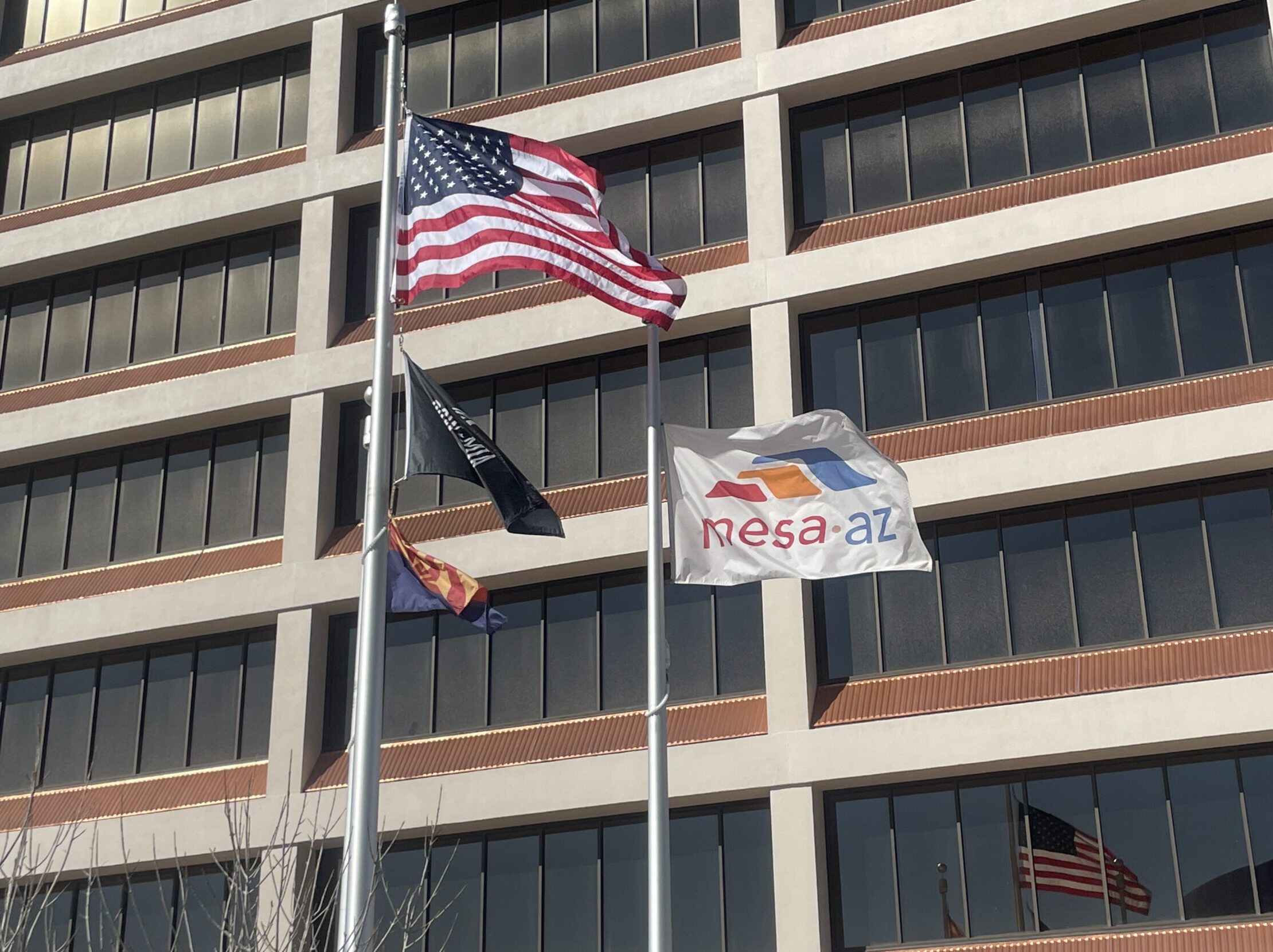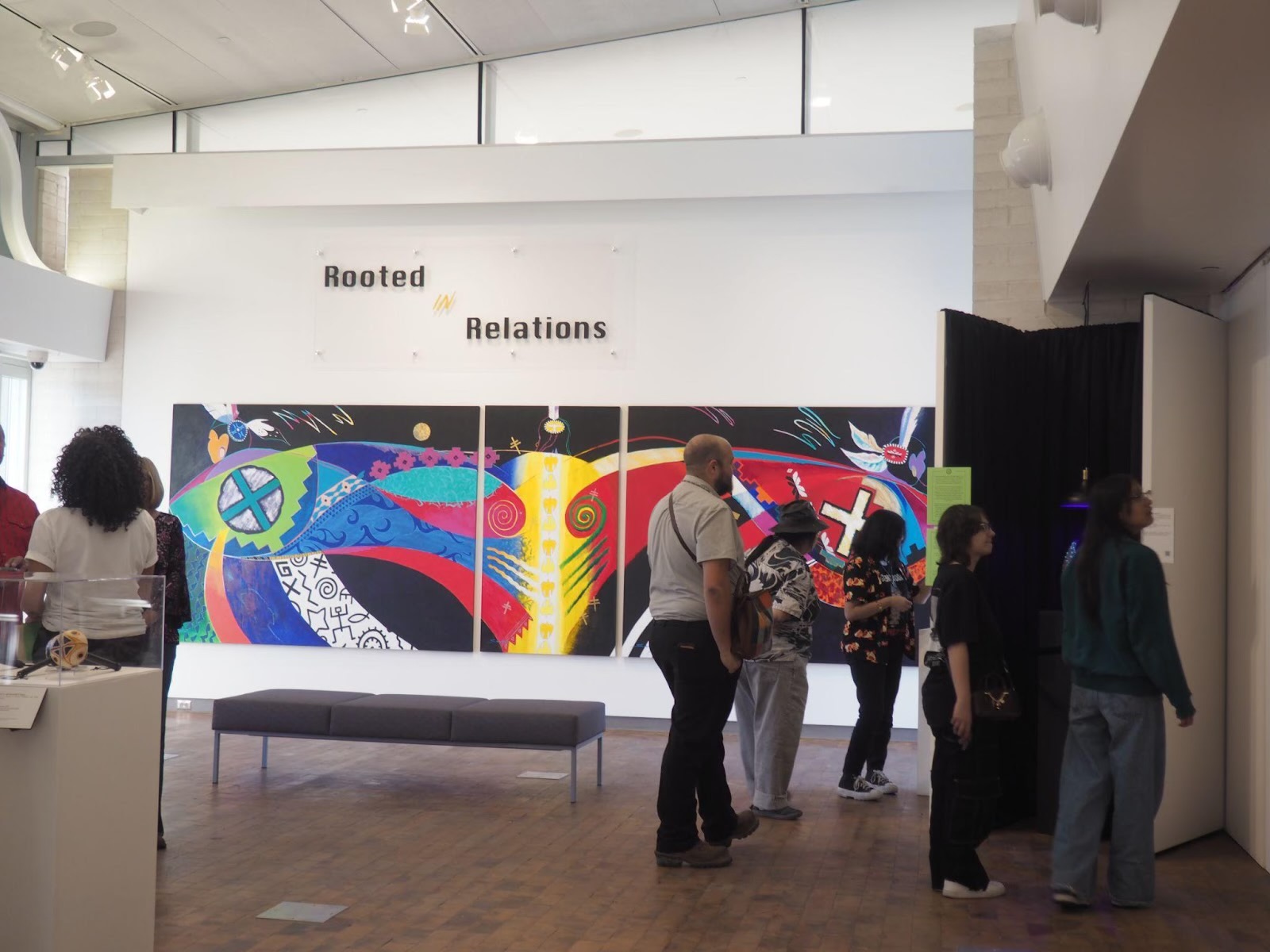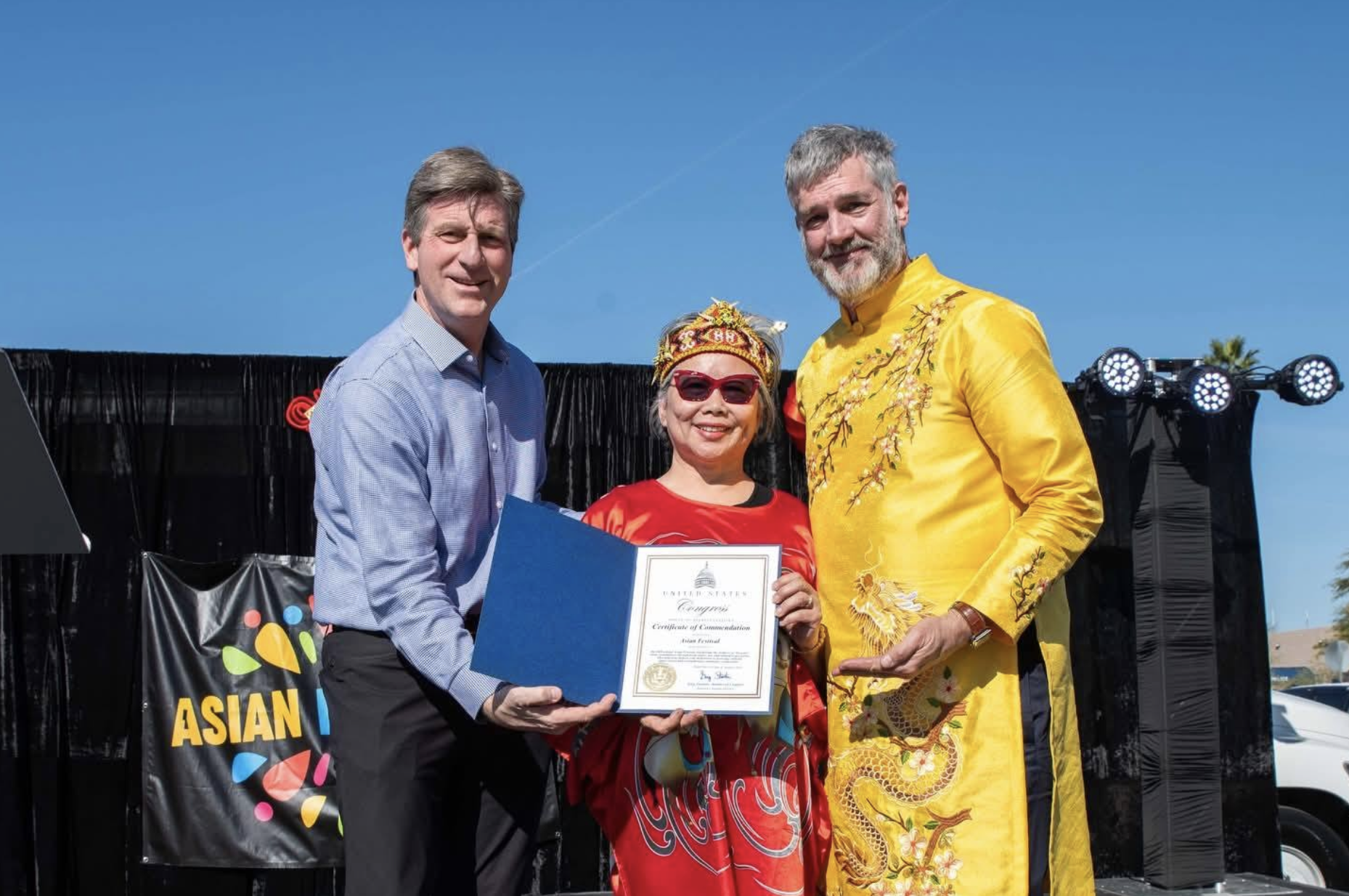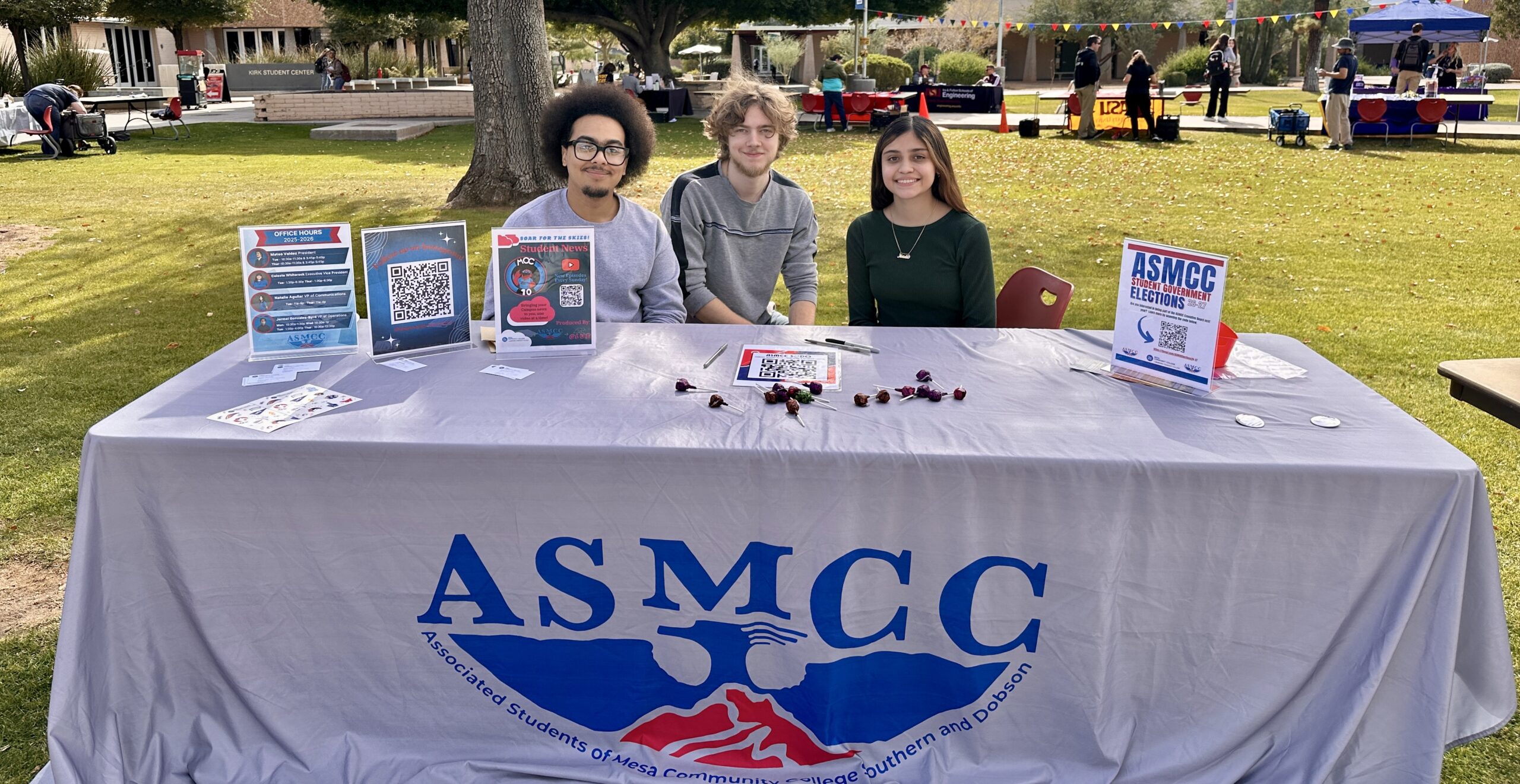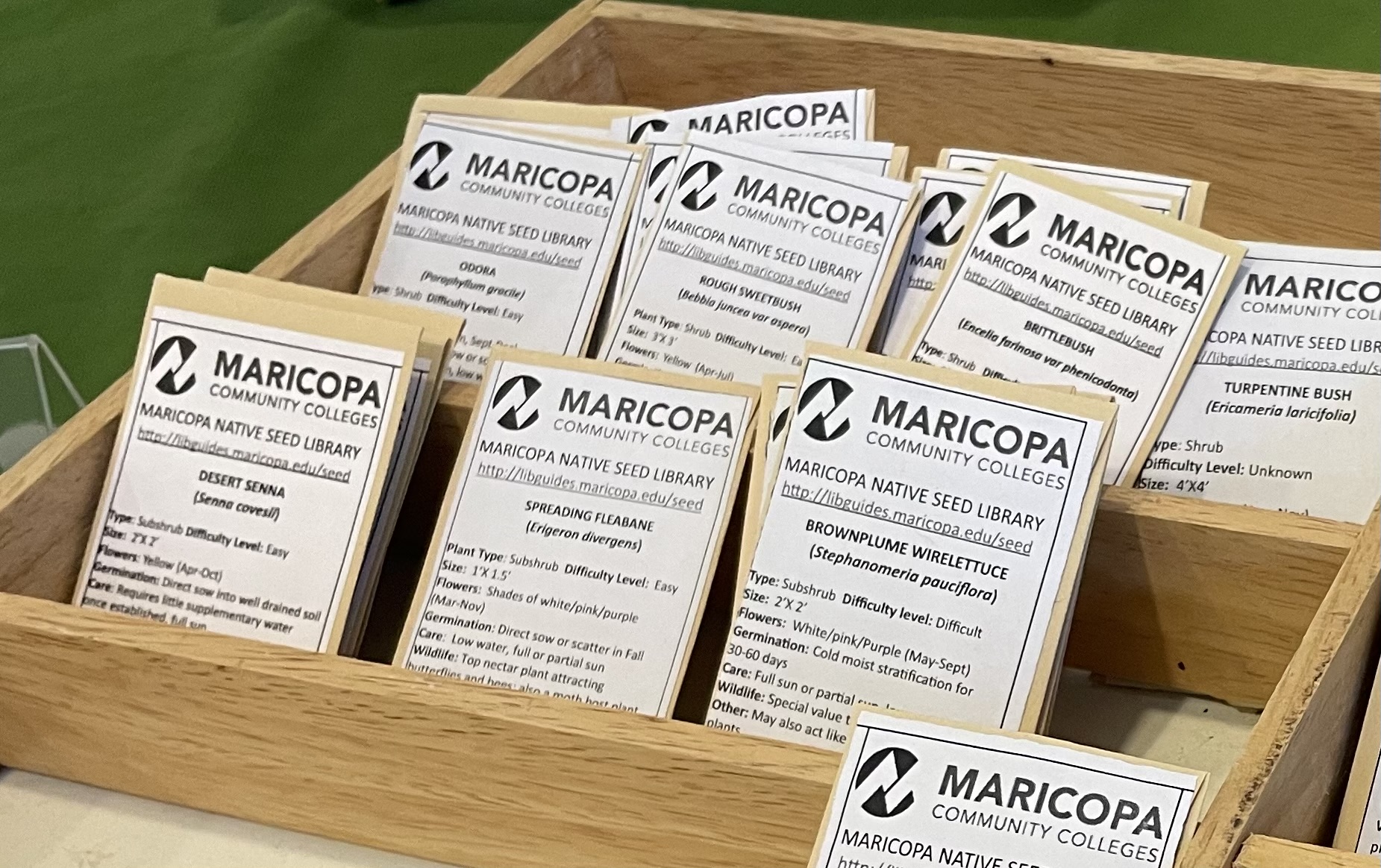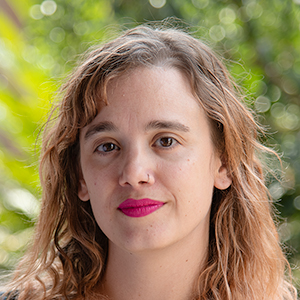Native Seed Library Program available for students to utilize
A librarian at Scottsdale Community College has re-framed gardening for students of the Maricopa County Community College District and their surrounding neighborhoods.
The Native Seed Library Program exists to encourage the public to plant native seeds in their individual landscaping to better support the Sonoran Desert ecosystem.
Danielle Carlock, library faculty at SCC, is the architect behind it.
“It started with me collecting [native seed] because it’s not like you can go buy it anywhere,” Carlock continued, “I wanted to make it free, so I’m out there collecting it.”
Carlock’s hope is that the project will create a local movement to cultivate plant life that is more representative of native plant-life in the Sonoran Desert.
It originated as Carlock’s sabbatical project, but she wanted to find a way to continue after her sabbatical ended.
That’s when Niccole Villa Cerveny, professor of geography and sustainability at Mesa Community College, stepped in.
Carveny and Carlock used the remainder of the Arizona Give Back Lottery that had been going to soil research and applied it to the Horizon Grant to continue the program.
The program also added interns and staff for the sustainability of the project, so that Carlock was no longer the only one collecting, preparing, packaging, and distributing the seeds.
The program is currently set up so that, in addition to Carlock and Cerveny, a group of professors and their interns cultivate and package seeds which they or their community partners have sourced from pre-approved areas in the Sonoran Desert.
The seeds are accessible to the public at four libraries within Maricopa County Community College District: Phoenix College, Scottsdale Community College, MCC Red Mountain Campus, and Gateway Community College.
The program encourages both long-time and would-be gardeners to approach Southwest gardening differently.
“We end up purchasing easy plants from [places like] Home Depot and those plants are not native to this area, so they don’t necessarily support our species of bugs and birds,” Cerveny continued, “so it tends to challenge our ecosystem which is really well honed around the extreme conditions we live in in the southwestern desert.”
Landscaped yards, sporting lawns and non-native plant life do not attract birds and pollinators.
“They become dead zones because they’re not really supporting anything,” Carlock said.
Many landscaped yards also require large amounts of water to sustain.
Modern landscaping in private homes, and at the Maricopa County Community Colleges, have moved away from large water usage gardens and have instead turned to xeriscape gardening, a strategy that conserves water.
Xeriscape gardening involves using plants, like cacti, that are adapted to the arid environment requiring minimal water and upkeep.
While planting cacti from other arid desert regions conserves water, it does not benefit our ecosystem, according to Carlock.
“Even though you’ve got a win with less water,” Carlock continued, “you don’t have a win in terms of supporting wildlife that way.”
Even with desert adapted xeriscape gardening in mind, a lesson emerges.
If it’s not native, the ecosystem cannot properly support it because intentional relationships between animals, insects, and plant-life have not evolved.
The connection between plants, pollinators, and their environment is important to the sustainability of any ecosystem. That is why Carlock asserts it is best to think intentionally about what is included in a garden and why.
Staci Ryder, Phoenix College Native Seed Library intern, explained that even something as simple as choosing a native pollinator potted plant for your porch can help create a healthier ecosystem.
“We can plant with more purpose. We can really start making noticeable differences with honestly minimal effort and resources.” Ryder said.
Planting these native seeds is an easy way to give back to the ecosystem and to potentially repair some of the damage done to the environment.
“I love this project because when we think about things we can do to be kind to the earth, things we can do to show respect to the earth, and maybe counter some of the not-so-kind things we’ve already done,” Staci Ryder continued, “It feels like a really daunting task, it feels like something the average person cannot do.”
But sourcing the seeds is not something the average person can do, however, because there are specific guidelines for ethical collecting and legalities that prohibit it without a proper permit.
Carlock obtained the permit to collect seed in the Tonto National Forest for the Native Seed Library.
The program also partners with the Tonto National Forest to collect and cultivate seed in the natural environment so that the area can be re-seeded in case of fire wiping out large swaths of plant-life.
The seeds collected come from a diversity of native plants that are hosts to pollinators whose fruit is beyond the stage of ripeness. This ensures that the plants will continue thriving because they have already been pollinated.
“It’s such an important program that it really does need to continue on, but it does need funding and the district is really excited about it but having it distributed to all these campuses, it needs one big push from somewhere and that would be something that the district could really help us out with,” Cerveny emphasized.
This story was edited on 10/24/22 and 10/25/2022 to correct errors made at the time of publication.
